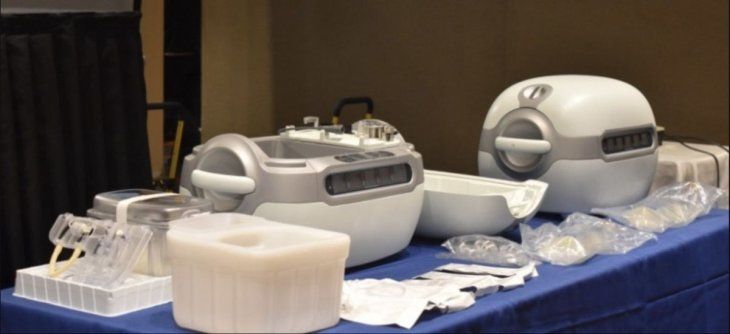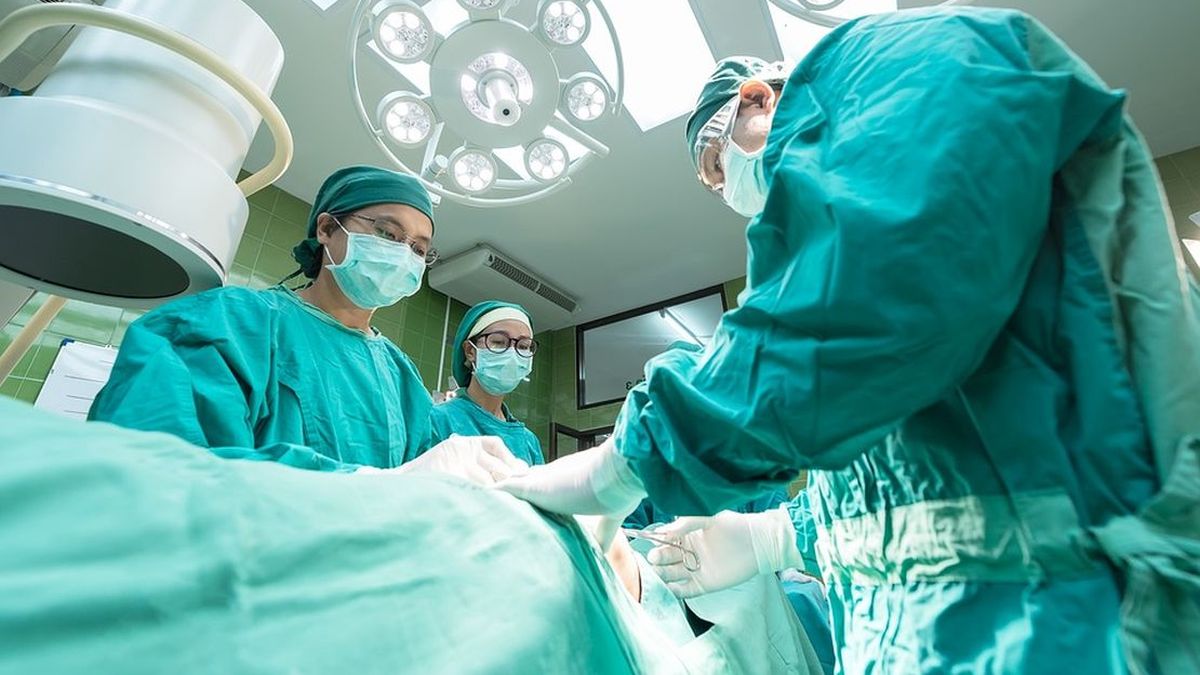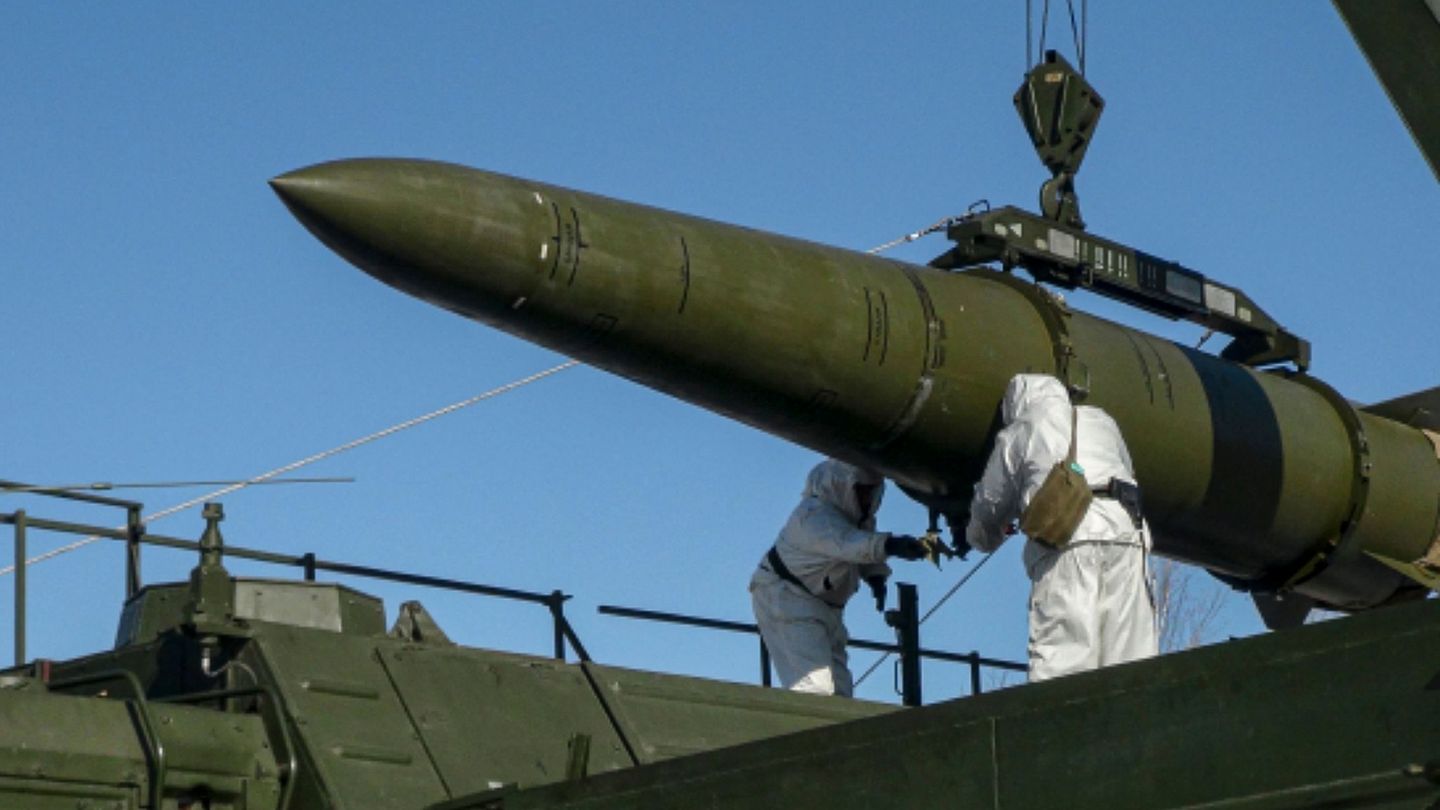The new hypothermic perfusion machines allow the kidneys to be preserved and optimized before the operation. This situation allows a series of advantages for patients that reduces their risks.
In September 2023Argentina marked a milestone in the medical field by carrying out the first transplants using an innovative technique which promises to revolutionize the implantation process and improve the quality of life of patients. These procedures, carried out in the Argerich Hospital of the City of Buenos Airesthey used hypothermic perfusion machines to preserve and optimize kidneys before transplant. This advance, which began as a pilot test, will now be implemented throughout the country after the creation of the National Renal Perfusion Program, made official this week.
The content you want to access is exclusive to subscribers.
The news generates significant expectations, considering that 70% of transplants performed in Argentina are kidney transplants. Pioneering procedures also included North Regional Ablation and Implant Center (CRAI)in the province of Buenos Aires, where the machines acquired by Incucai demonstrated their ability to redefine standards in organ transplants.


How these machines work and their benefits for organ transplantation
According to Incucai, perfusion machines are extracorporeal devices designed to evaluate, preserve and recover kidneys destined for transplant. This equipment allows the organs to be analyzed before the intervention, which significantly improves postoperative results. The process includes ablation of the kidney at the donor hospital, its transfer to Argerich for perfusion and, subsequently, sending the organ to the corresponding transplant center.
organ transplate.jpg

The renal perfusion machines that are in Argerich Hospital and were used as evidence.
Courtesy Incucai
Among the advantages of this technology, the reduction in postoperative complicationssuch as the need for dialysis after transplant, and greater graft survival. Furthermore, it achieves a most effective selection of organs, reduce hospital costs and optimize logistics of the transplant by extending the ischemia time, allowing patients from remote areas to be treated with greater safety.
One more step in the modernization of Argentine medicine
The resolution published in the Official Gazette empowers Incucai to expand this program nationwide. “It is essential distribute these machines in different regions of the country to guarantee equitable access to this cutting-edge technology,” the document states. This effort will consolidate the progress made in the initial stages of the project.
Hypothermic perfusion machines are widely used in leading transplant countries, and their effectiveness has been validated by international studies. In Argentina, the results are encouraging: in 2023, of the 2,143 transplants performed, 1,534 were kidney transplants, which represents 71.5% of the total. This percentage far exceeds the global average, which It barely reaches 10% of the people on the waiting list.
The implementation of the National Renal Perfusion Program positions Argentina as a pioneer in Latin America in the use of advanced technologies for transplants. This program seeks not only to improve medical outcomes, but also to democratize access to life-saving innovations.
Source: Ambito
I am a 24-year-old writer and journalist who has been working in the news industry for the past two years. I write primarily about market news, so if you’re looking for insights into what’s going on in the stock market or economic indicators, you’ve come to the right place. I also dabble in writing articles on lifestyle trends and pop culture news.




